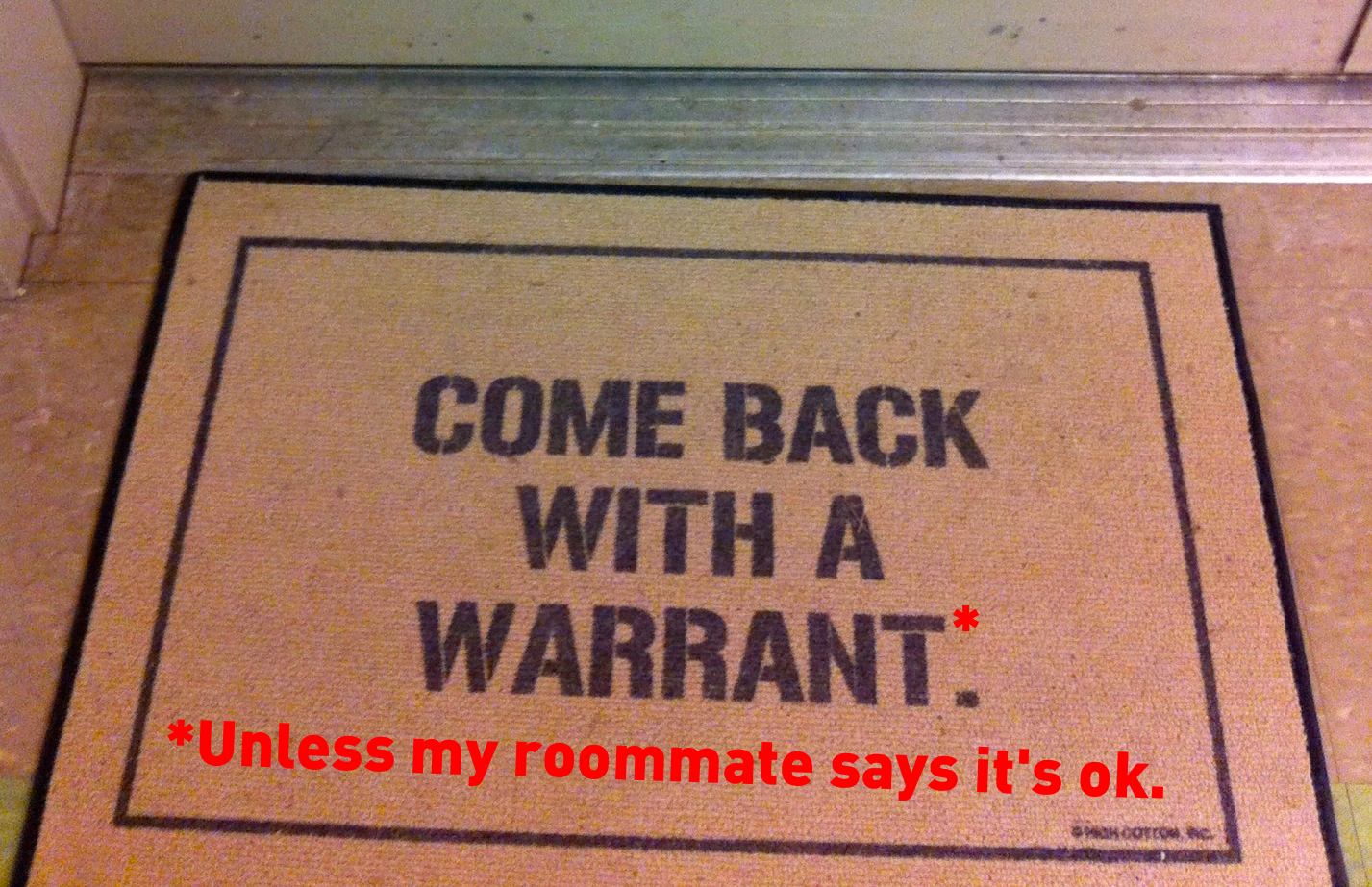The Supreme Court delivered two blows against criminal suspects Tuesday, limiting constitutional protections for people who want to keep police out of their homes and denying defendants a chance to contest seizure of assets intended to pay for an attorney.
In a 6-3 opinion by Justice Samuel Alito, the court ruled that police can enter properties with multiple residents without first obtaining a search warrant from a court—if one person living there consents after officers have removed another resident who objects.
The case came from Los Angeles, where in 2009 police followed screams and sounds of fighting to an apartment doorstep. They were met by a crying woman, followed by a man, Walter Fernandez, who declared: "You don't have any right to come in here. I know my rights."
Officers arrested Mr. Fernandez and took him to the police station, then returned to search the apartment with, lower courts found, the woman's consent. They found weapons, gang paraphernalia and clothing linked to a robbery, leading to Mr. Fernandez's conviction on charges including robbery and domestic violence, court papers said.
The Fourth Amendment prohibits "unreasonable searches and seizures" and generally requires police to get a warrant before searching private property. The high court in 1974 had held police can rely on the consent of one resident when searching a property while other occupants are absent. But a 2006 Supreme Court decision said when two people answer the door, police may not enter if one resident objects, absent a warrant or emergency. Tuesday's ruling sought to clarify when police may search property in such circumstances without a warrant.
Justice Alito wrote that once the objecting resident is gone—for any plausible reason—his objection expires. Allowing an objection to stand in his absence would create practical problems, he said. Could a suspect "register an objection in advance? Could this be done by posting a sign in front of the house? Could a standing objection be registered by serving notice on the chief of police?" he wrote.Read the rest of the story HERE.
If you like what you see, please "Like" us on Facebook either here or here. Please follow us on Twitter here.




No comments:
Post a Comment